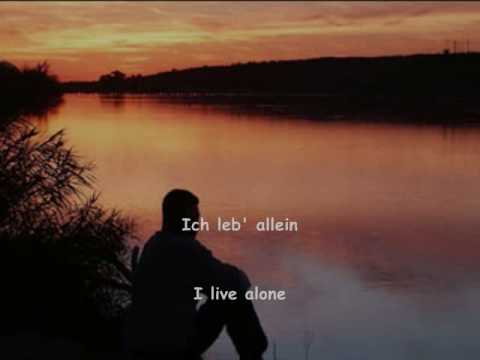This week’s SOTD curator is Mark Campbell, great friend of NYFOS and librettist of NYFOS’s two opera commissions: Bastianello and Lucrezia (by John Musto and William Bolcom, respectively). Thank you, Mark, for offering selections this week!
from Mark Campbell:
I am writing this on a flight somewhere over the Midwest, returning home from San Francisco where the Music Conservatory there hosted a workshop of Mason Bates’ and my new opera for Santa Fe, The (R)evolution of Steve Jobs. As I listened to Mason’s joyful, brilliant music at the workshop, I once again felt encouraged about the future of American opera—at how inclusive the music can be for these brave new works and how the use of diverse musical sources to tell a story and engage an audience enhances—rather than sacrifices—a composer’s own voice. I’m currently working with three Pulitzer Prize-winning composers on three new operas (Paul Moravec on The Shining, Bill Bolcom on Dinner at Eight, and Kevin Puts on Elizabeth Cree)—as well as several other operas with composers who will receive their Pulitzers—and I think that all of my collaborators and I share a common belief in the power of the song; that isolated moment in an opera in which a character or characters comes forward and gives us a jolt of commonality whether they are falling in love, hurt by love, or about to murder someone.
Choosing five songs for this blog is a really impossible task. Choosing fifty would be impossible. I eventually settled on a list of songs that spoke to me directly at a time of crisis in my life and/or were formative in my development as a lyricist and librettist. Here goes.
Ich bin der Welt abhanden gekommen (“I am lost to the world”)
Music by Gustav Mahler; lyrics by Friedrich Rückert
This is from Mahler’s song cycle, the Rückert Lieder, and I first heard it at Carnegie Hall’s opening concert, right after September 11. The rest of the program included Beethoven’s Eroica and the performance of that felt hollow and disingenuous; no one in the audience, save a self-aggrandizing Mayor Guiliani, felt heroic about this tragedy at all. We felt sad. We wanted to mourn. The song’s very long introduction asks us to be silent, and prepares us to listen to the singer. In this case, that singer was Thomas Quasthoff who subtly and simply allowed—did not force—us to weep. Perhaps Friedich Rückert’s poem doesn’t speak directly to the tragedy, but something in the music and in the performance will always connect me to that time.
Here is a recording with the late Dietrich Fischer-Dieskau:



Lovely song! A real beauty.
Thank you, Mark, for posting this gorgeous song and sharing what it means to you. I am grateful that you introduced me to this!